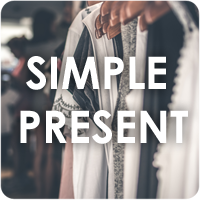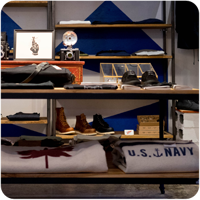Het arrangement 5.3 Buying clothes - hv12 is gemaakt met Wikiwijs van Kennisnet. Wikiwijs is hét onderwijsplatform waar je leermiddelen zoekt, maakt en deelt.
- Auteur
- Laatst gewijzigd
- 11-05-2025 19:22:23
- Licentie
-
Dit lesmateriaal is gepubliceerd onder de Creative Commons Naamsvermelding-GelijkDelen 4.0 Internationale licentie. Dit houdt in dat je onder de voorwaarde van naamsvermelding en publicatie onder dezelfde licentie vrij bent om:
- het werk te delen - te kopiëren, te verspreiden en door te geven via elk medium of bestandsformaat
- het werk te bewerken - te remixen, te veranderen en afgeleide werken te maken
- voor alle doeleinden, inclusief commerciële doeleinden.
Meer informatie over de CC Naamsvermelding-GelijkDelen 4.0 Internationale licentie.
Aanvullende informatie over dit lesmateriaal
Van dit lesmateriaal is de volgende aanvullende informatie beschikbaar:
- Toelichting
- Deze les valt onder de arrangeerbare leerlijn van de Stercollecties voor Engels voor havo en vwo, leerjaar 1 en 2. Dit is thema 5 'Shopping'. Het onderwerp van deze les is: Buying clothes. In deze les staat het kopen van kleding en winkelen centraal waarbij het gaat over het begrijpen en toepassen van woorden en zinnen die te maken hebben met die onderwerp. In de grammaticaopdracht wordt de 'simple present' toegepast.
- Leerniveau
- VWO 2; HAVO 1; VWO 1; HAVO 2;
- Leerinhoud en doelen
- Engels;
- Eindgebruiker
- leerling/student
- Moeilijkheidsgraad
- gemiddeld
- Studiebelasting
- 1 uur 40 minuten
- Trefwoorden
- arrangeerbaar, buying clothes, engels, hv12, klant, kledingwinkel, kopen van kleding, simple present, stercollectie, winkelen

 The subject of this double period is buying clothes.
The subject of this double period is buying clothes.

 Shopping for clothes
Shopping for clothes
 Study the words and phrases well.
Study the words and phrases well.






